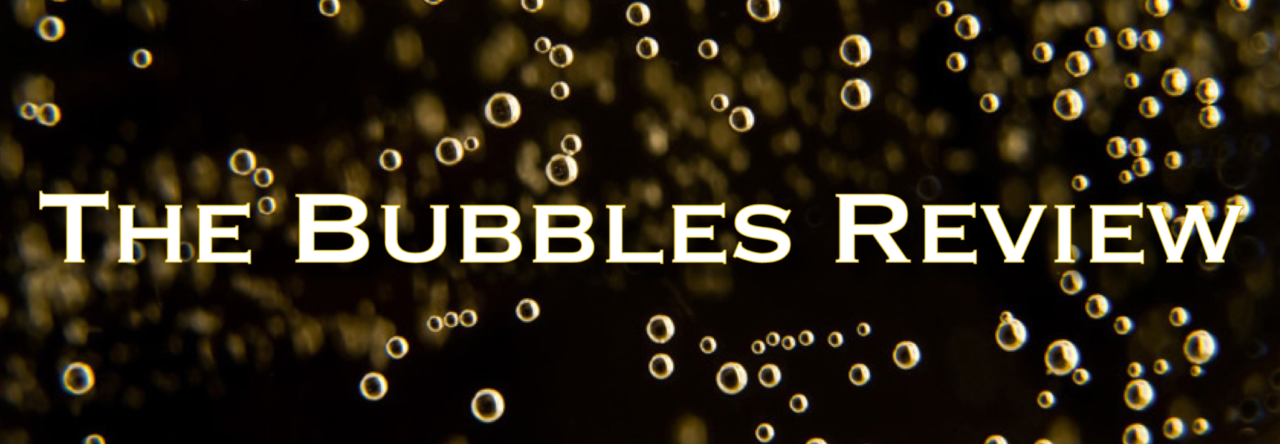Some answers to some commonly asked questions:
Q. What grapes are used in Champagne?
Pinot Noir – a black grape, is the predominant grape variety on the Montagne de Reims and the Côte des Bar where the cool, chalky terrain suit it perfectly. It is the Pinot Noir that adds backbone and body to the blend, producing wines with distinctive aromas of red berries and good structure.
Chardonnay – The chardonnay is king on the Côte des Blancs, yielding delicately fragrant wines with characteristic notes of flowers, citrus and sometimes minerals. Being slower to develop than the other two varieties, chardonnay produces wines that are built to age.
Pinot Meunier – This robust grape variety shows better cold-weather resistance than the pinot noir the meunier adds roundness to the blend, producing supple, fruity wines that tend to age more quickly than wines made with the other two varieties.
Pinot Blanc – a white grape that is a colour mutation of Pinot Noir, it is still grown in some parts of Champagne, and I am starting to see a revival of this from some champagne houses.
Pinot Gris – greyish skin (hence the name gris which means grey in French) no longer commonly grown in Champagne you might find it in some special blends. You are probably more familiar with this as a still white wine, but actually again made from a red grape. The grape is thought to be a mutation of Pinot Noir.
Petit Meslier – rare white grape valued for its ability to retain acidity.
Arbane – white grape from the south of Champagne, no longer widely available. You may find this from houses producing some historic blends or rarer champagnes.
Q: Did Dom Perignon invent Champagne?
A: I was always under the impression that this was true. Recently I discovered that this was not so. It was an Englishman!
The quote attributed to Perignon—
Come quickly, I am tasting the stars!
—is supposedly what he said when tasting the first sparkling champagne. However, the first appearance of that quote appears to have been in a print advertisement in the late 19th century. So it seems that this was just advertising spin! I still love the quote and so romantically I’ll stick with it.
However while the monk did work tirelessly and successfully to improve the quality and renown of the still wines of Champagne, he did not invent sparkling wine, nor was he the first to make champagne. Indeed he worked hard to prevent a secondary fermentation which was seen as a fault and most likely to break the wine bottles. There is documentary evidence that sparkling wine was first intentionally produced by contemporary English scientist and physician Christopher Merret.
